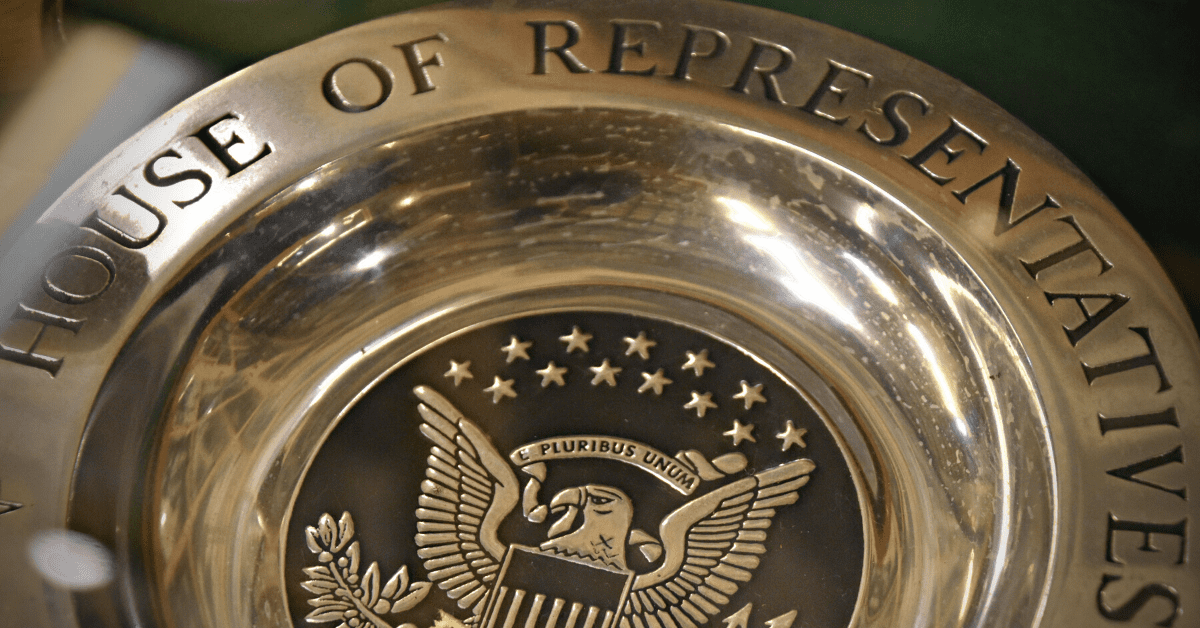
Passing yet another CR would have continued to waste money and weaken our military.
Shortly before Christmas, Congress passed major legislation to keep the government open through fiscal year 2023. Separate appropriations bills to fund government departments should have been passed months ago but were prevented from coming to the floor by the Democratic leadership.
Although many Americans were surprised at the bill’s seemingly quick passage, in reality the bill was the product of months of negotiations between members of both parties. The final package reflected the hard work of Republican negotiators – in both the House and Senate – resulting in significant wins for conservatives and full funding for our nation’s military.

Ending Uncertainty for Our Military
With Republicans now leading the House, some have asked why we did not pass a short-term funding bill to get us into 2023 and allow Republicans to negotiate a new package. Perhaps the biggest reason is that our military cannot afford the continued uncertainty of short-term funding.
We are now in the most dangerous period since the Cold War, with China and Russia growing more aggressive, and our military is not prepared to prevent a war in the Pacific. Because of Democrat delays, the Pentagon had already been running on a short-term “continuing resolution” (or CR) since September, keeping the military focused on last year’s priorities. This stopgap measure wasted tens of billions of taxpayer dollars and kept the military from moving forward on vital construction projects and equipment purchases. Passing yet another CR would have continued to waste money and weaken our military. As a member of the Armed Services Committee, and as a veteran myself, I have always resisted short-term funding measures and was determined to give our troops the support they need to keep us safe.
From the very start of our negotiations, Republicans insisted on giving the military $45 billion over President Biden’s weak budget request while funding only half of his domestic spending increases. We were successful in achieving both goals. As a result, the legislation provides a well-deserved pay raise to our troops, a 40 percent increase for military housing, a 22 percent increase for VA medical care, and significant resources to expand our naval fleet. Taken together, these investments could be decisive in ensuring no adversary challenges us in a conflict.
Democrats predictably tried to ram through several left-wing priorities, such as restrictions on oil drilling and our Second Amendment rights. Thankfully, Republicans blocked these proposals. We also preserved the Hyde Amendment, ensuring that taxpayer dollars will not go toward abortion.
In all, more than two-thirds of this government funding bill will go to support our national defense, homeland security, and law enforcement.
Major Boost for Mississippi Projects
Mississippi will benefit from the significant infrastructure funding in this legislation. In response to the Jackson water crisis, I urged negotiators to include over $600 million in emergency funding for the city’s water infrastructure, along with other vital water projects across our state. Congress provided this critical funding.
The legislation will also invest in Mississippi roads, bridges, ports, rural broadband, hospitals, and schools. And Mississippi universities will receive grants to conduct groundbreaking research into energy development and advanced materials.
With Republicans now in control of the House, conservatives are making plans to force Democrats to take up appropriations bills in a more timely manner this year. I am eager to help restore regular order and finally put a stop to end-of-year brinkmanship.











